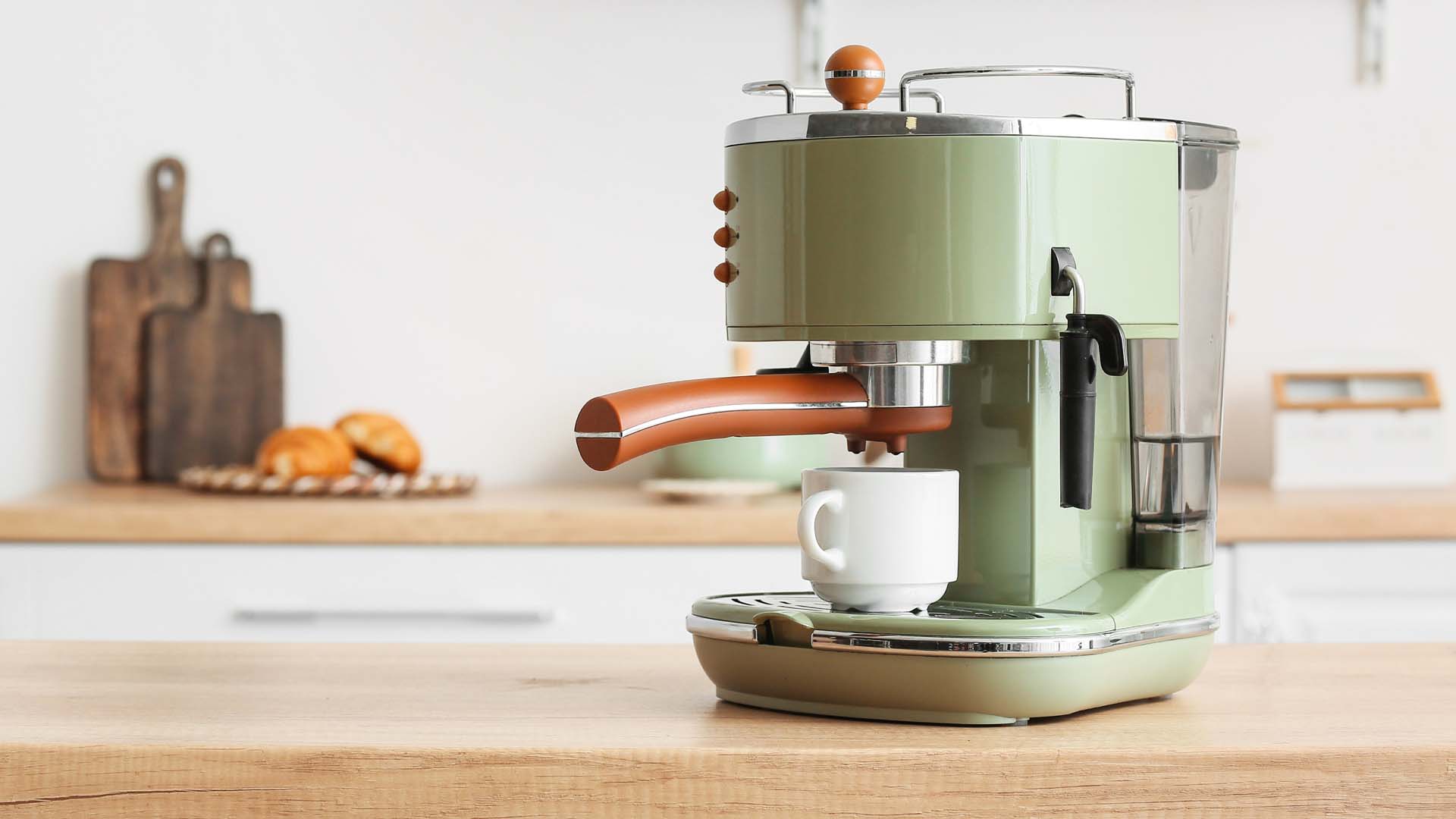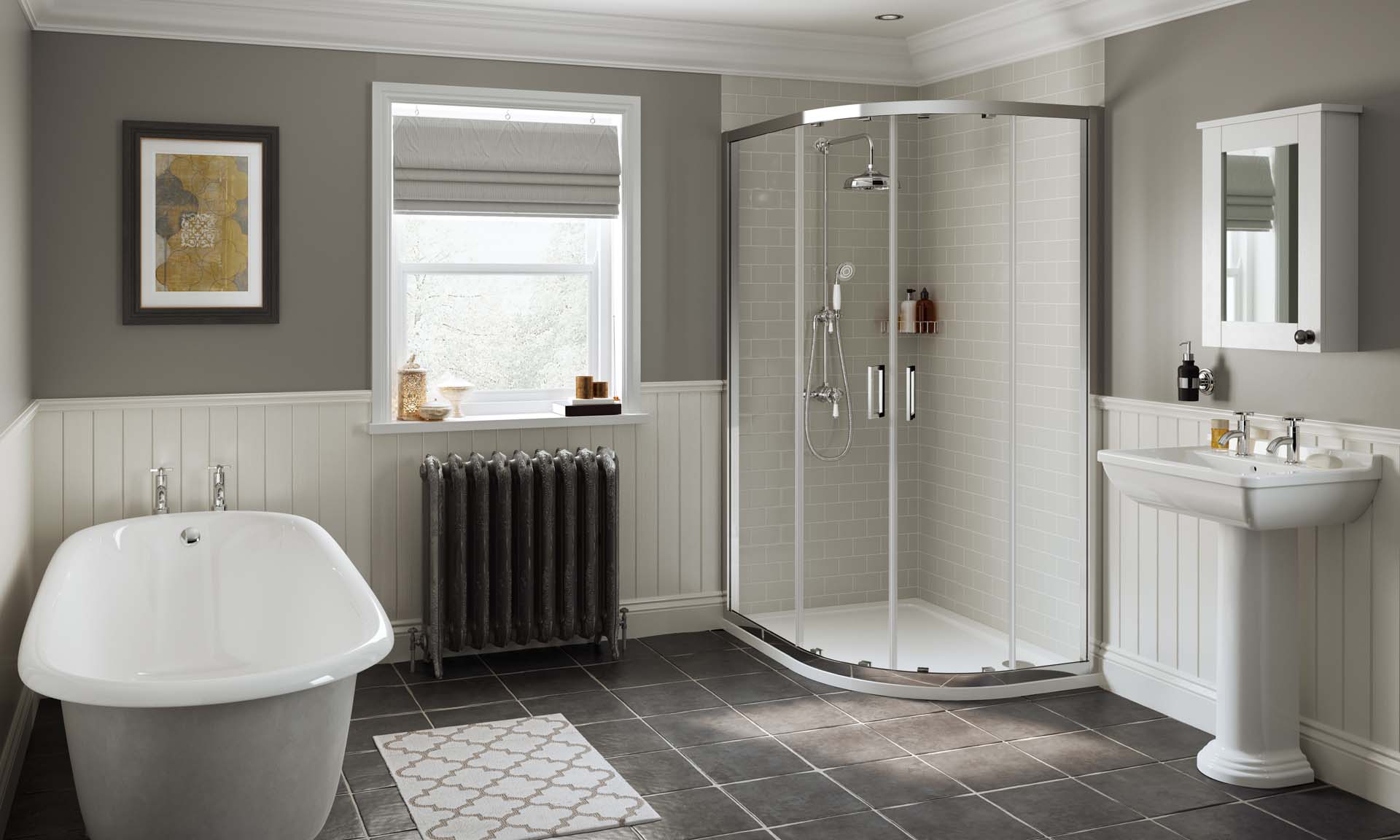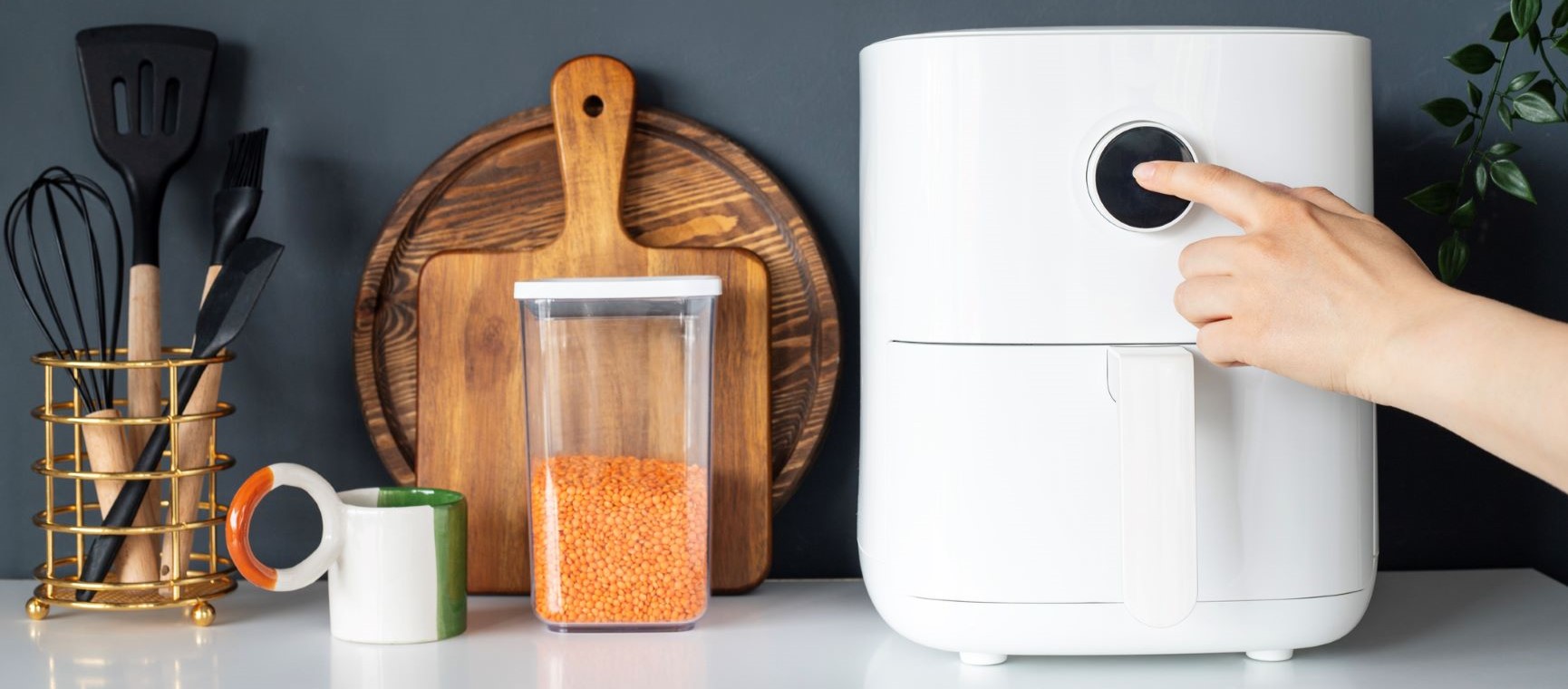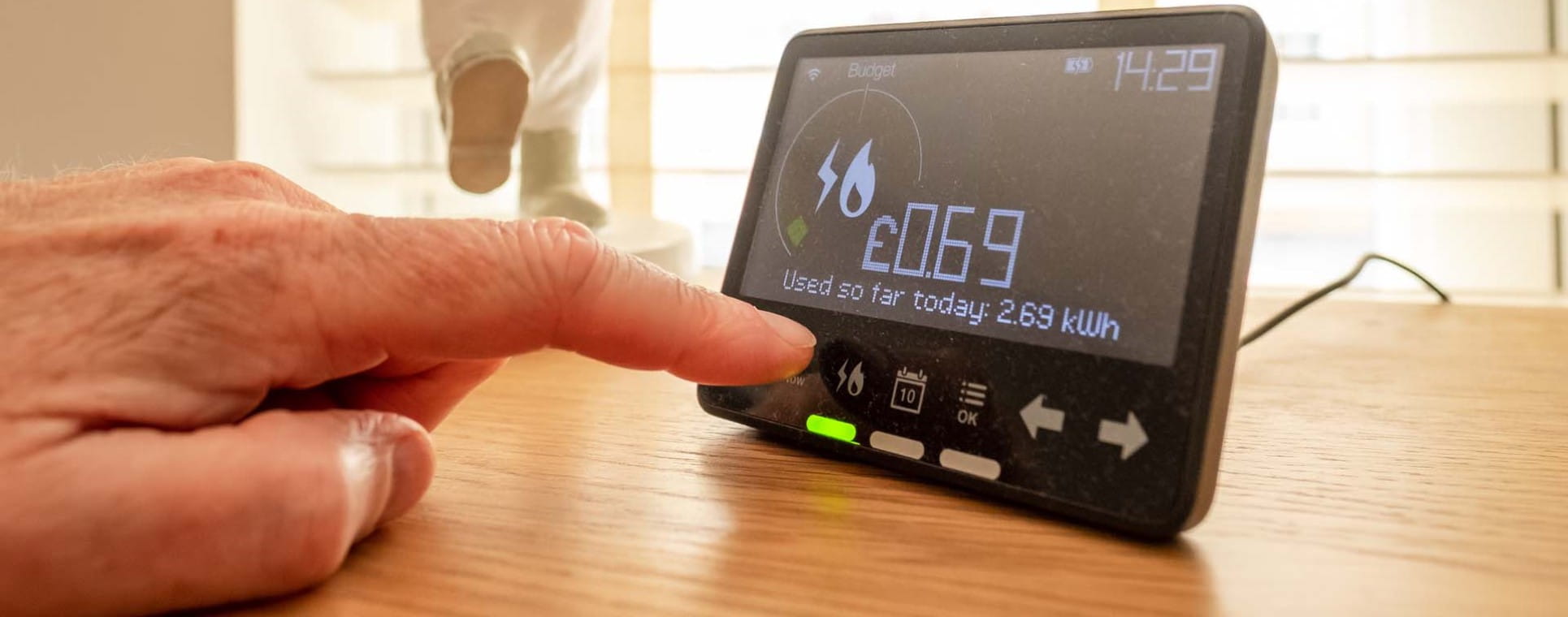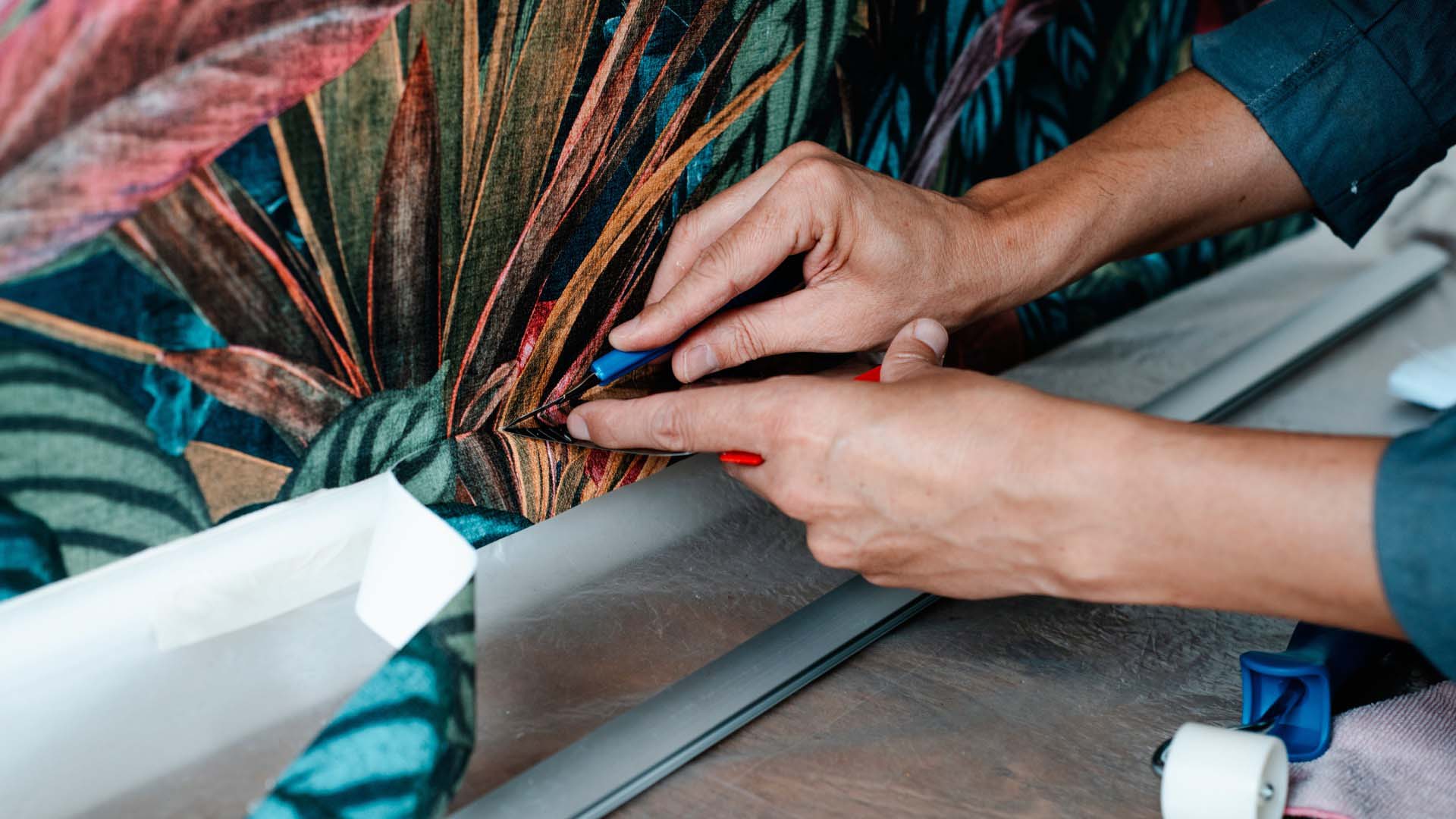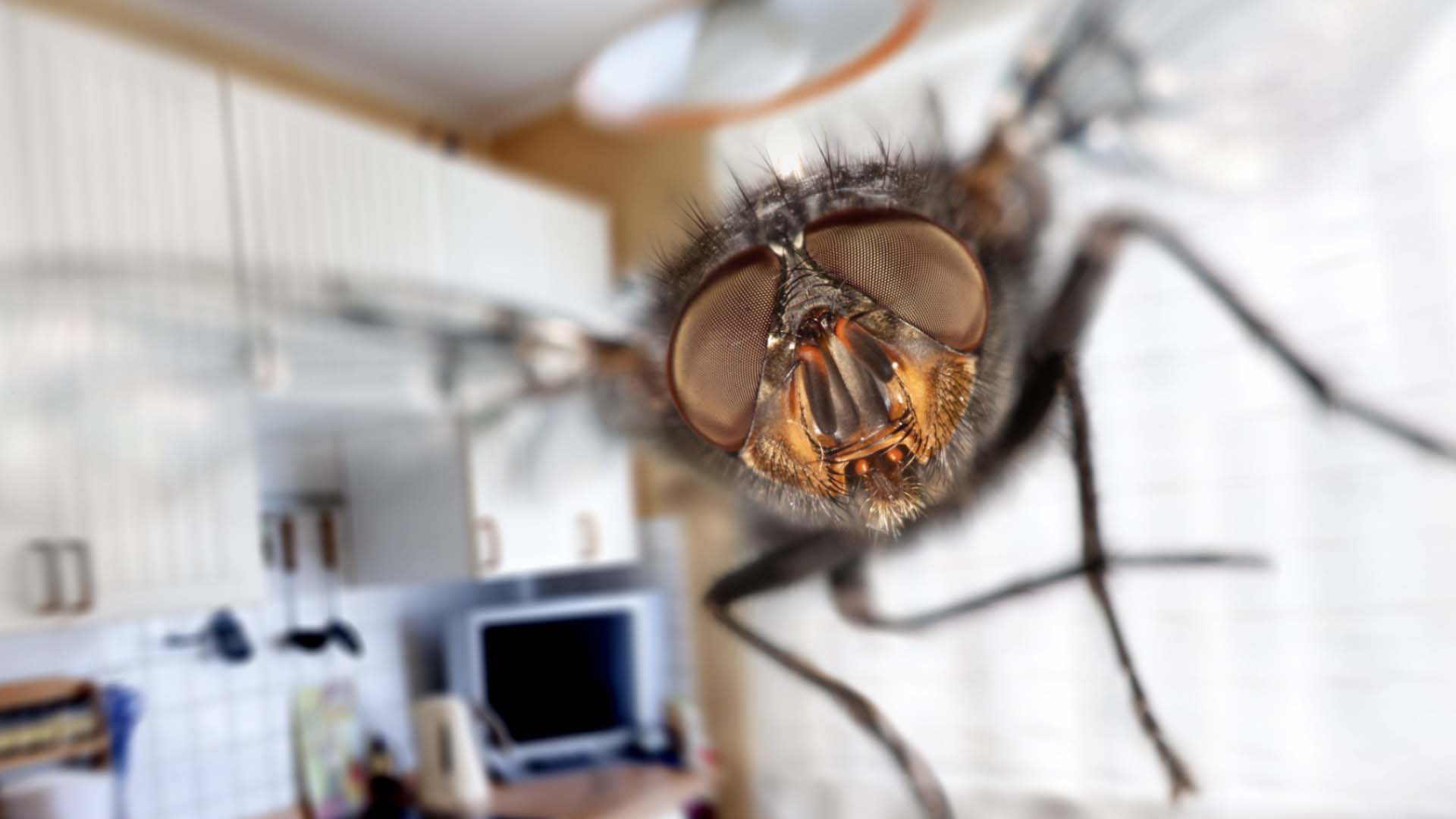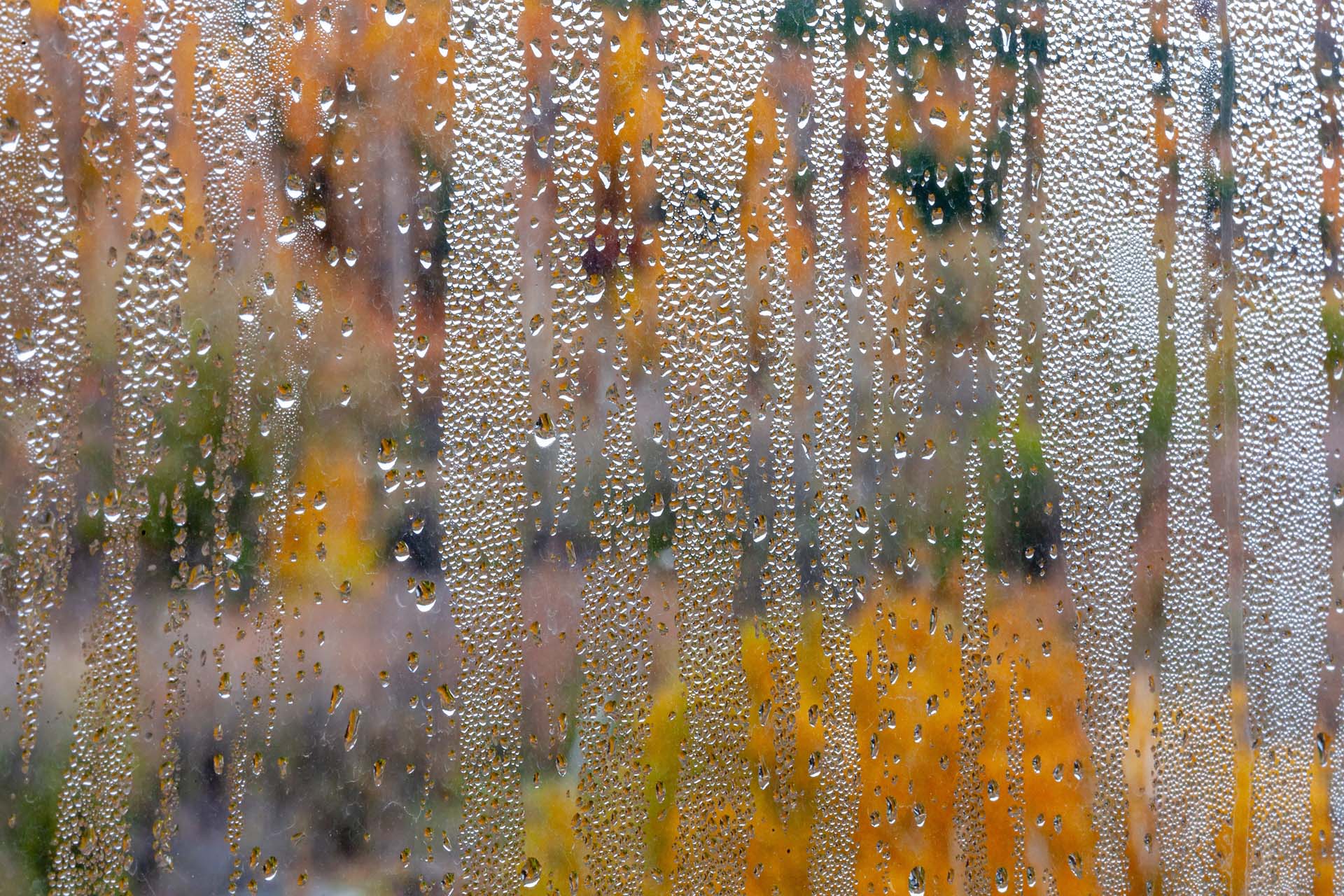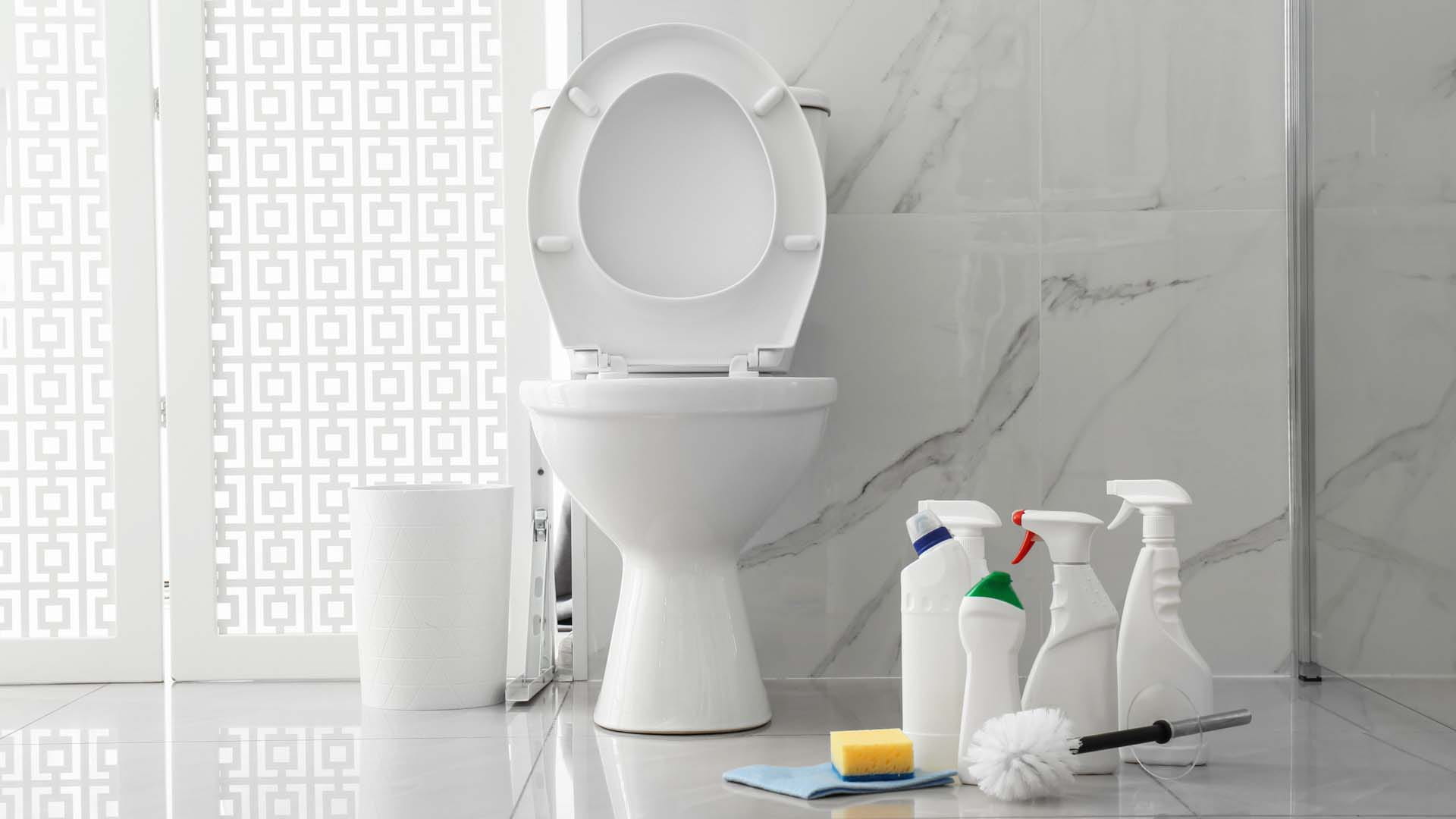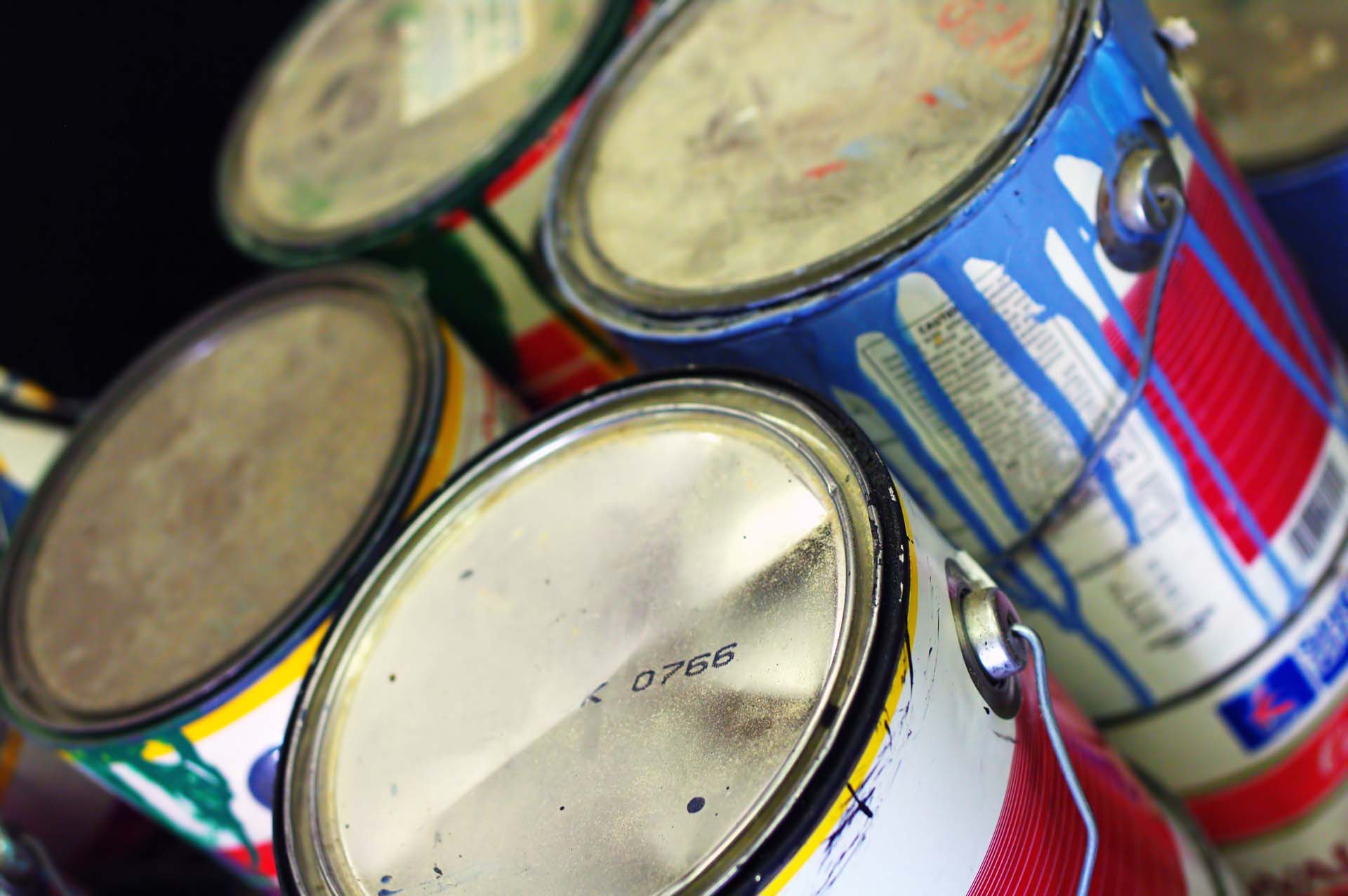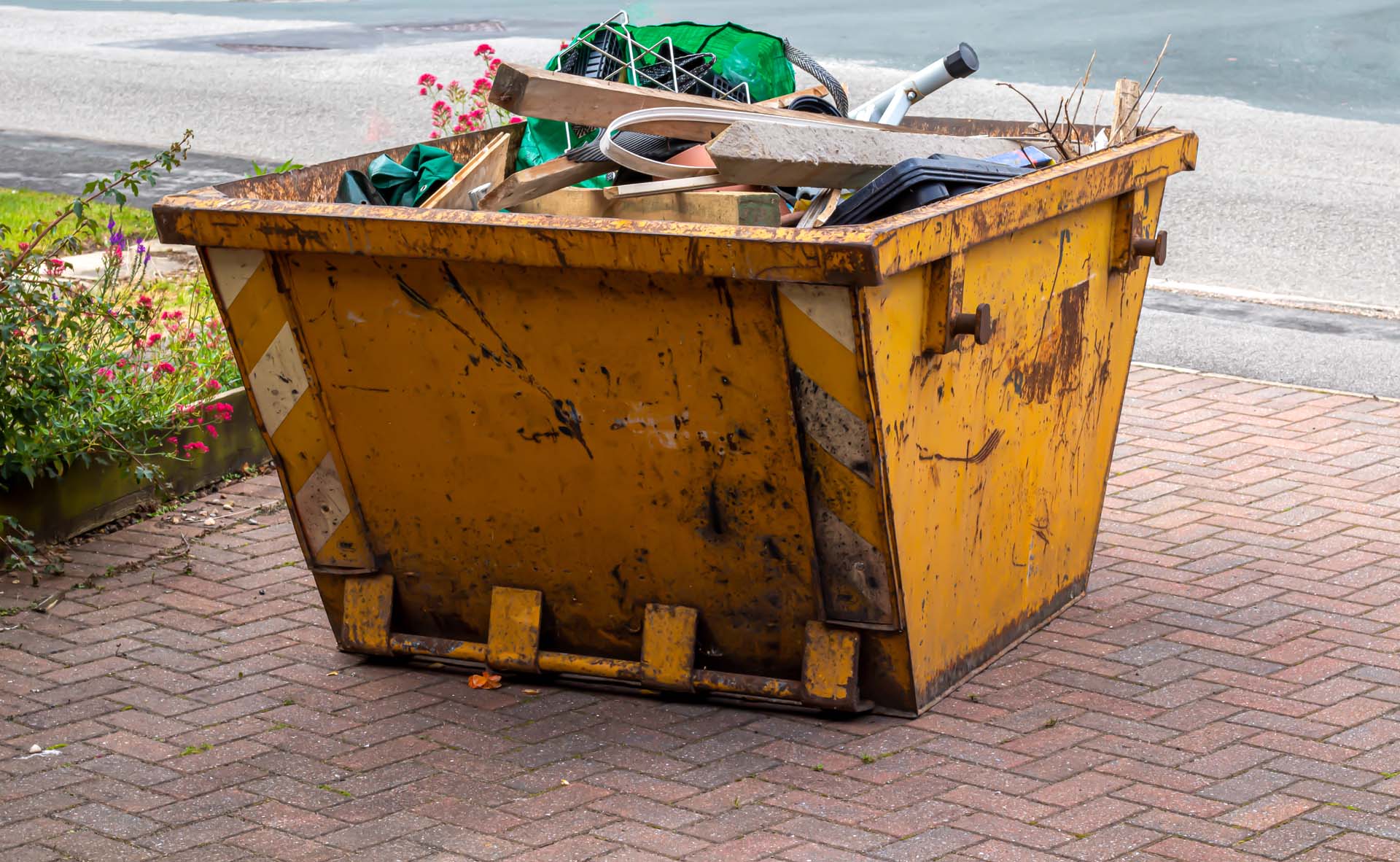
When you’re moving house or about to start a renovation project, it’s likely you’ll be hiring a skip to get rid of your unwanted junk or waste material. But, before the skip’s delivered, it’s worth finding out what can’t be put in a skip, as being in the know will save you any last-minute headaches or extra charges.
While plenty of household waste materials can be put into a skip, those that aren’t permitted are not allowed for a good reason. Waste management expert and managing director at Skips and Bins Scott Hawthorne explains that there are regulations to ensure that hazardous materials can’t be thrown into a skip, as they are “either a danger to the environment or human health”.
“Each hazardous item is subject to special regulations and disposal routes, depending on what they are,” he adds. So, what is counted as a hazardous item? We reveal all.
Electrical items cannot go into a skip as they are considered hazardous and must be disposed of safely. “Electrical items, such as fridges, freezers and other electrical appliances, can contain harmful chemicals such as refrigerants and other toxic materials,” says Baileys Skip Hire.
“These materials can be harmful to the environment if they are not disposed of correctly." When getting rid of waste electrical and electronic equipment [referred to as WEEE], Baileys Skip Hire suggests contacting your local council for guidance.
Speedy Services agrees, “Large electrical items, such as ovens, washing machines and fridge freezers, often have to be stripped down, with each part recycled or disposed of separately.” The same applies to smaller items such as televisions, computer monitors, microwaves, games consoles and baby monitors.
There are ways to extend the life of electrical products. “If they are in working condition, you can consider donating them to a charity or a family friend,” says Hawthorne. “But if they are unusable, then some manufacturers have recycling schemes for their old products, which you can opt into.”
An empty paint tin is OK
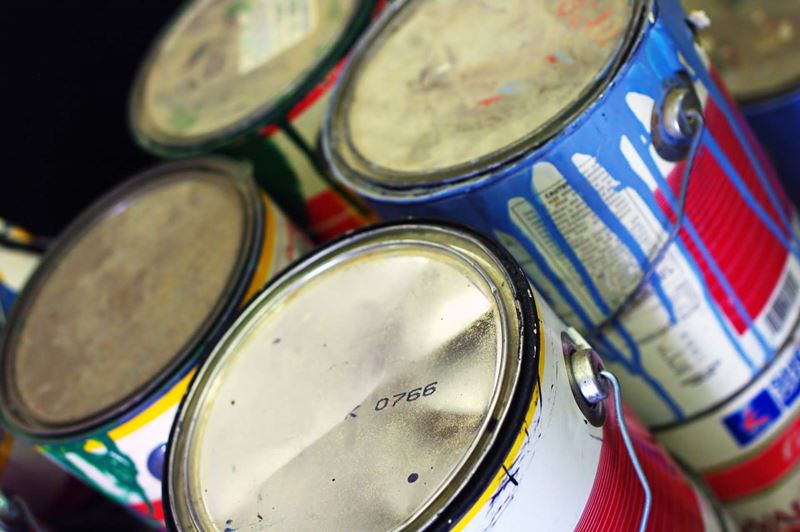
“Under no circumstances should you ever place any asbestos or materials containing asbestos in a skip,” warns Pro Skips. “Asbestos is extremely hazardous and needs careful handling by a specialist waste company that will dispose of it safely.”
If the materials that contain asbestos are damaged, fibres are released into the air, and when inhaled they can cause serious harm, including cancer and damage to the lining of the lungs. The Health and Safety Executive (HSE) has a list of where asbestos can be found in homes.
Asbestos was used in construction work for many years, before its risk to health was realised. According to the HSE, “around 20 tradesmen die each week as a result of past exposure”.
Since 2009, the Environment Agency banned plasterboard from being disposed of in skips. “This is because plasterboard is made up of a mineral called gypsum sandwiched in between layers of lining paper. Gypsum contains sulphates, which means that when it gets wet or is buried with other waste materials, it releases hydrogen sulphide gases into the environment,” says SCS Waste.
Instead, plasterboard can be disposed of through your local council recycling centre or through a private waste disposal company.
The rules have changed
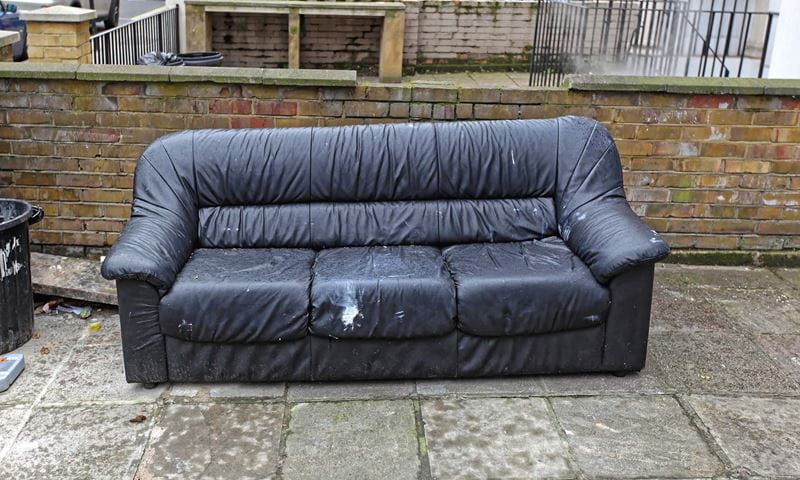
Since 1 January 2023, the Environment Agency has banned the disposal of upholstered seating and it must be treated as hazardous waste. Why the sudden change? The textiles and foam in the upholstered furniture fall under the category of containing persistent organic pollutants (POPs), meaning they are harmful to people and the environment. If you’re planning to dispose of that old sofa that’s lost its bounce, you’ll need to arrange for it to be taken to your local recycling centre.
According to Let’s Recycle, the Environment Agency has written to all local authorities with the latest advice, warning that “waste upholstered domestic seating containing POPS must not be landfilled, mixed with other non-POPs- containing wastes, reused or recycled”.
Let’s Recycle also states on its website that the Scottish Environmental Protection Agency says, "it intends to follow the Agency’s lead, though it has acknowledged concerns about infrastructure and capacity”. Therefore, if you live in Scotland and are planning to dispose of some upholstered seating or furniture, contact your local council for advice.
According to the Government's website, the following items may contain POPs:
If you’re keen to donate your furniture, make sure the fire label is attached, otherwise the charity won’t be able to accept it.
Fluorescent tubes contain mercury and, if broken, can be very dangerous. According to Wiser Recycling, “Mercury is toxic and can cause damage to the brain, kidneys, lungs, nervous system and other vital organs.” For this reason, fluorescent tubes must be handled with care, and they cannot be put in a skip.
Even if you think your gas cylinder is empty, it might still contain a trace of gas, and if crushed, they can explode. “Most gas bottles are designed to have a long life,” says Recycle Now, “and can be returned to suppliers to be refilled and reused.”
If you still want to get rid of a gas cylinder, check if whether your local recycling centre accepts them.
Batteries contain poisonous chemicals, such as nickel, lead and mercury, and are harmful to us and the environment. If they are not disposed of responsibly, the chemicals can leak into the soil and water supplies causing harm to all life.
As well as your local recycling centre, many shops and supermarkets offer battery collection services, making it easy to discard of them safely during your day-to-day life.
You may need to pay an additional fee
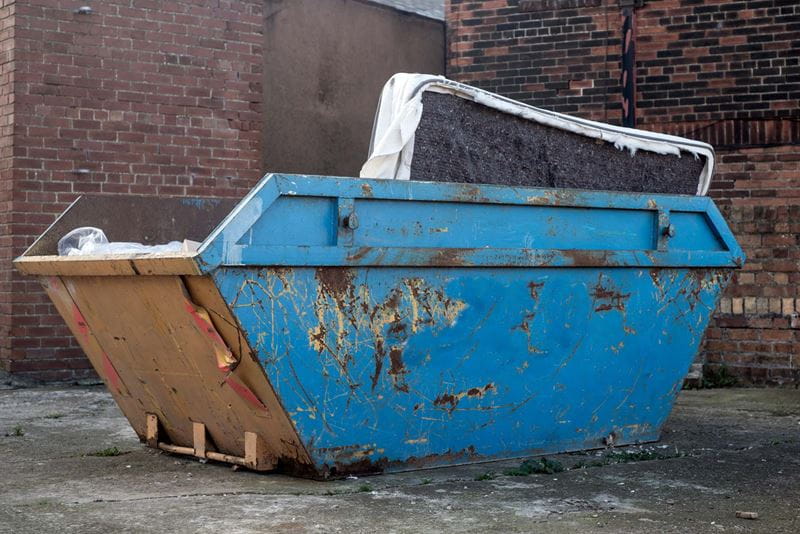
Harmful chemicals, such as solvents and glue, should not be put in a skip. Instead, get in touch with your local council and it will advice you on the best method to dispose of them.
Any medical or biological waste should be kept out of your skip; this includes any needles or dressings. Your local council may provide a clinical waste collection service, so it’s worth finding out if it can help.
“Tyres are notoriously difficult to dispose of,” says Sun Skips, “and a common item for people to fly-tip – but they can be recycled, so there’s absolutely no need to dump them.
”When burned, tyres give off toxic fumes, so they need to be disposed of responsibly. You should be able to take them to your local recycling centre, but check with them first before turning up. Alternatively, if a tyre dealer is replacing a worn-out tyre for you, they may offer a recycling scheme.
Oil, petrol and diesel are highly flammable materials and should not be put in a skip. If they catch fire, they can cause serious chemical burns. Your local recycling centre should be able to help you dispose of these materials safely.
“A skip company can always refuse to collect and should always do so, if the waste contains hazardous or illegitimate materials,” says Hawthorne. However, itcan’t impose a fine if the regulations are ignored. This task is left to the Environment Agency across England and Wales, the Scottish Environment Protection Agency in Scotland and the Northern Ireland Environment Agency in Northern Ireland.
The skip company can charge for a wasted journey, when it hasn’t been able to collect the skip because it contains hazardous waste.
Yes, and the amount depends on the disposal process
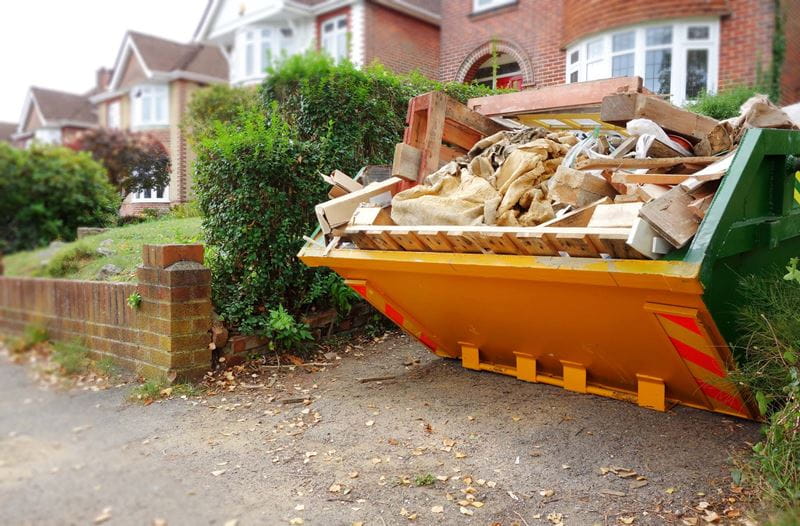
“The Government’s transportation of safe loads and handling rules apply,” explains Hawthorne. “Skips are required to be netted off while transported, and, therefore, no skip should be filled past its level top edge.”
“Defra [the Department for Environment, Food & Rural Affairs] sets the regulations, chiefly through the Environmental Protection Act and Waste Regulations,” explains Hawthorne.
“The Environment Agency (EA) are the licensing and enforcement body in England and Wales, responsible for permitting and upholding the regulations, while the equivalent body in Scotland is SEPA (Scottish Environment Protection Agency).
With her 30 years of experience, Camilla Sharman has covered a wide range of sectors within the business and consumer industries both as a feature, content, and freelance writer. As a business journalist, Camilla has researched articles for many different sectors from the jewellery industry to finance and tech, charities, and the arts.
View author page

What cover do you need when relocating? Read our guide to protecting your possessions and your properties old and new.
